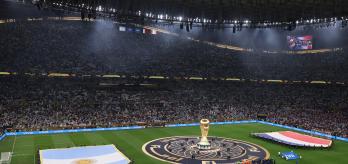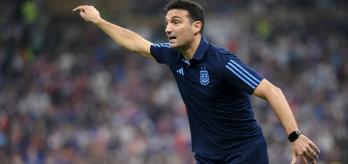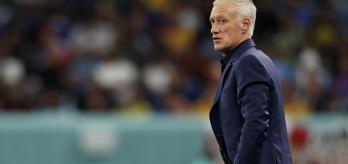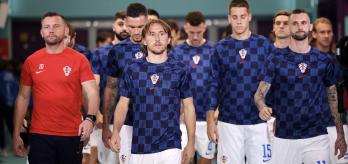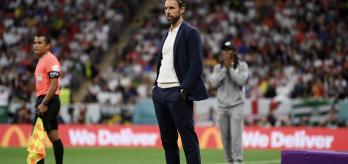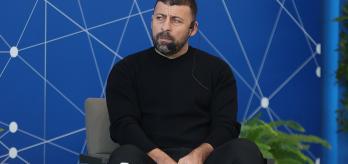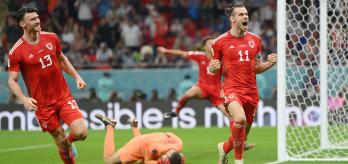00:08
Explanation of the role
Turner says he works closely with the coaching staff to look at the opposition and create profiles of the opposition’s strengths and weaknesses, and how that applies to Wales’ playing style. They then work with the coaching staff to deliver a game plan for each match.
00:58
How the role changes in tournaments
The most important part of the role, Turner explains, is using video and the data collected to give clarity to the players to help them understand their role during a game. In qualifying and friendlies there is a lot of preparation in advance. However, there can be limited time between games at a major tournament. Turner says they review the first game and look to take whatever is relevant into the second game. Between games there is less time for team training sessions to get the message across, so that tends to be done more in a classroom setting to ensure the team can be as prepared as possible for the next game.
03:16
Aligning key messages to players
Turner states the staff meet regularly so everyone is informed of the messages that need to be conveyed to players. This means staff are on the same page, so the players receive a consistent message from coaches.
03:56
The role during tournament training sessions
The main responsibility is to film sessions. Turner explains that he would sit in on the pre-training meetings and, if necessary, put some content together to explain the session. Filming is done with the use of a drone, with filming done from behind the players so it’s the same view as they would have during a game. The footage is then put together and reviewed with training staff before the relevant material is presented to the players.
05:09
Responsibilities during the game
Turner explains how he would have multi-angle feeds during a game from a gantry. A walkie-talkie is used to communicate with members of the coaching team on the bench, and Turner can send material to them during the game, if necessary. This allows the coaching staff to make informed decisions based on the footage. At half time, there is an opportunity to, for example, solve problems or make minor adjustments. Turner and the coaching staff get together before meeting the players to reduce the message to two or three items that can be impactful during the second half. Since the World Cup, Turner now sits on the bench during games to make communication easier.
07:55
The importance of different angles
As it is difficult for coaches at pitch level to see everything, especially in stadiums with benches below field level, being able to see the game from an elevated perspective is useful. As coaches are on the bench, Turner emphasises the importance of analysts’ views and opinions being trusted.
09:13
The balance between data and football
Turner concedes that it’s difficult to not overload the players with too much information. Data are used to evaluate performances, and also to give an insight prior to games. The staff will prepare the team with what to expect, for example time of possession, and what the game is going to look like, so they can structure training in the week prior to a game.
10:50
The importance of FIFA’s post-tournament reports
Turner says he used the training centre website during and after the tournament. It is harder to play through teams now, so it’s necessary to find solutions in wider areas and crossing positions. Using the data that are presented allows the team to change the style slightly during and before games.

